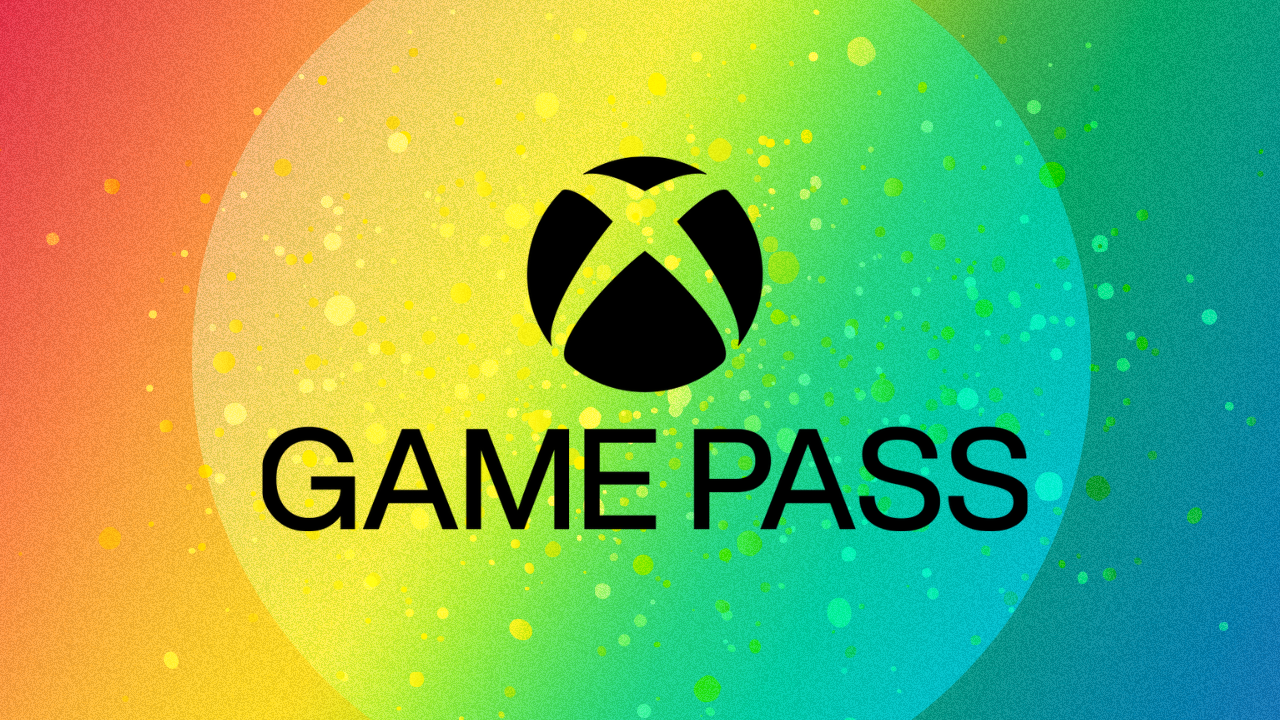Choosing a gaming console in 2025 presents a compelling challenge. The PlayStation 5, Xbox Series X|S, and Nintendo Switch each offer unique strengths, from cutting-edge technology to exclusive game libraries and distinct gaming experiences. Some gamers prioritize peak performance and advanced features, while others value ease of use and beloved franchises. This article analyzes which console offers the best value in 2025, considering game availability, long-term costs, and future-proofing.
Table of Contents
- Performance Overview
- Game Availability
- Additional Features
- Cost Analysis
- Conclusion and Recommendations
Performance Overview
The PlayStation 5 and Xbox Series X remain leading contenders in hardware, boasting powerful processors and graphics cards supporting 4K and 8K resolutions, ray tracing, and high frame rates. Both utilize SSD storage for near-instant loading.
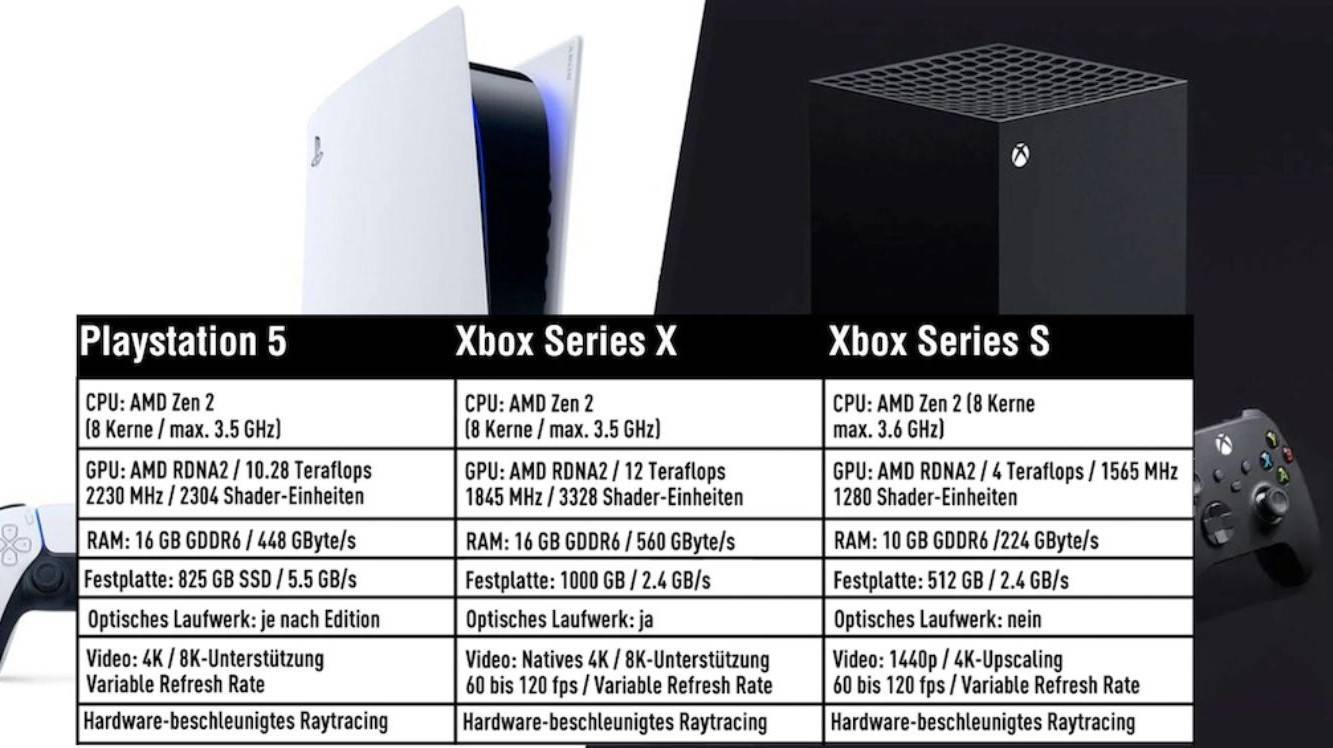
The PlayStation 5 features an eight-core AMD Zen 2 processor (up to 3.5 GHz) and an RDNA 2 graphics processor (10.28 teraflops), enabling native 4K gaming at 60 FPS, with some titles reaching 120 FPS. The Xbox Series X offers slightly higher processing power (12 teraflops), delivering stable 4K performance and even 8K output where supported. Xbox often demonstrates better optimization and higher frame rates in certain games compared to the PS5.
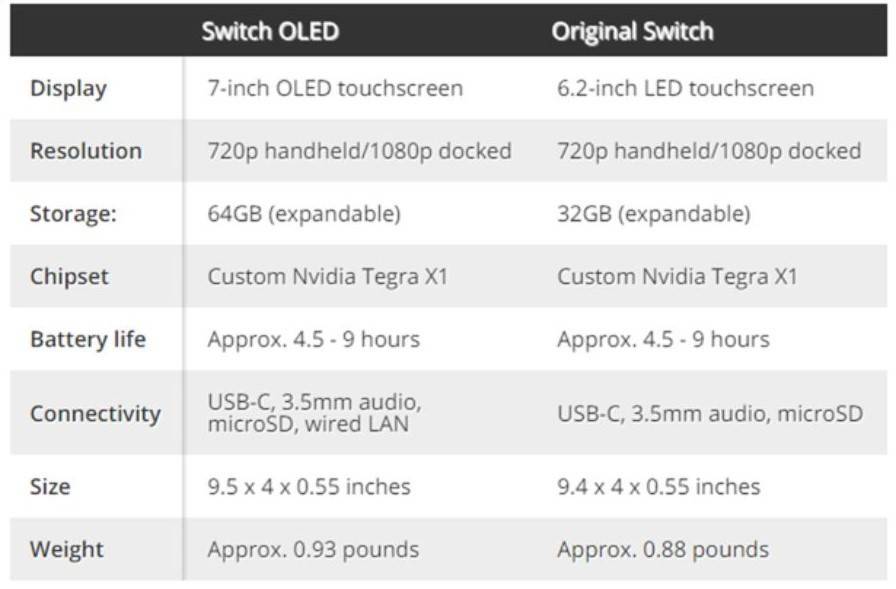
The Nintendo Switch, despite its technical limitations, retains popularity due to its hybrid design. Its NVIDIA Tegra X1 processor supports 1080p (docked) and 720p (handheld), suitable for less demanding gamers. However, by 2025, its age shows in graphics and loading speeds.
The Xbox Series X and PlayStation 5 compete closely in graphical capabilities and processing speed. Both support hardware-based ray tracing. Xbox utilizes AMD FidelityFX Super Resolution (FSR), and NVIDIA DLSS boosts performance without compromising image quality. The PS5 offers Tempest 3D Audio and DualSense adaptive triggers for immersive gameplay. While the Switch's hardware is showing its age, its portability and exclusive games provide a unique experience. For top-tier performance and photorealistic visuals, the PS5 and Xbox Series X remain dominant.
Game Availability
Game variety significantly impacts the overall experience. In 2025, each platform offers distinct game libraries and distribution strategies, with intense competition for exclusive content. The PlayStation 5 emphasizes AAA story-driven experiences; the Xbox Series X|S leverages its Game Pass subscription; and the Nintendo Switch relies on beloved, exclusive franchises.
PS5 Exclusive Hits (2025):
- Marvel’s Spider-Man 2
- God of War Ragnarök
- Final Fantasy XVI (timed exclusive)
- Horizon Forbidden West
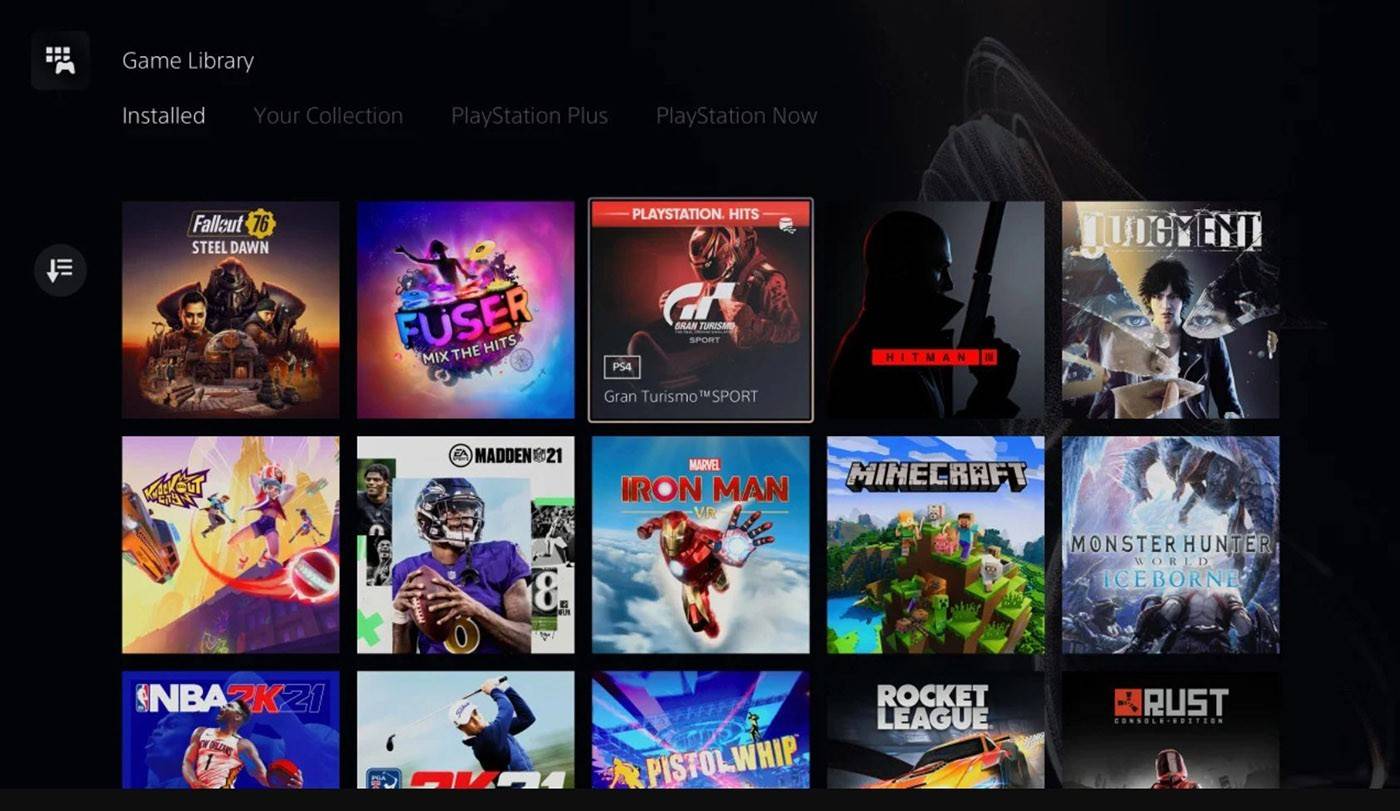
Xbox Game Pass (2025): Offers hundreds of games for a monthly fee, including new exclusives:
- Starfield
- Forza Motorsport
- Fable
- Senua’s Saga: Hellblade II
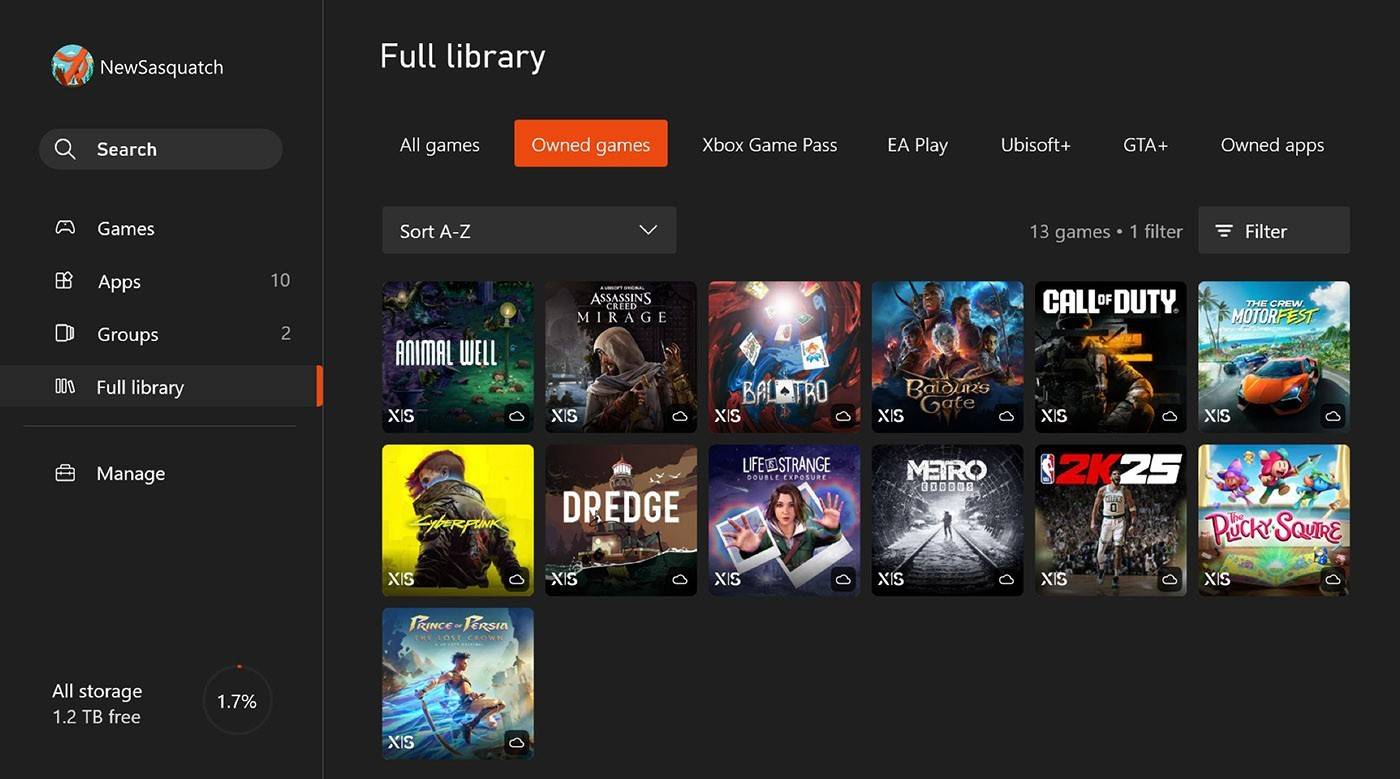
Nintendo Switch Exclusives (2025):
- The Legend of Zelda: Tears of the Kingdom
- Super Mario Bros. Wonder
- Pokémon Scarlet & Violet
- Metroid Prime 4
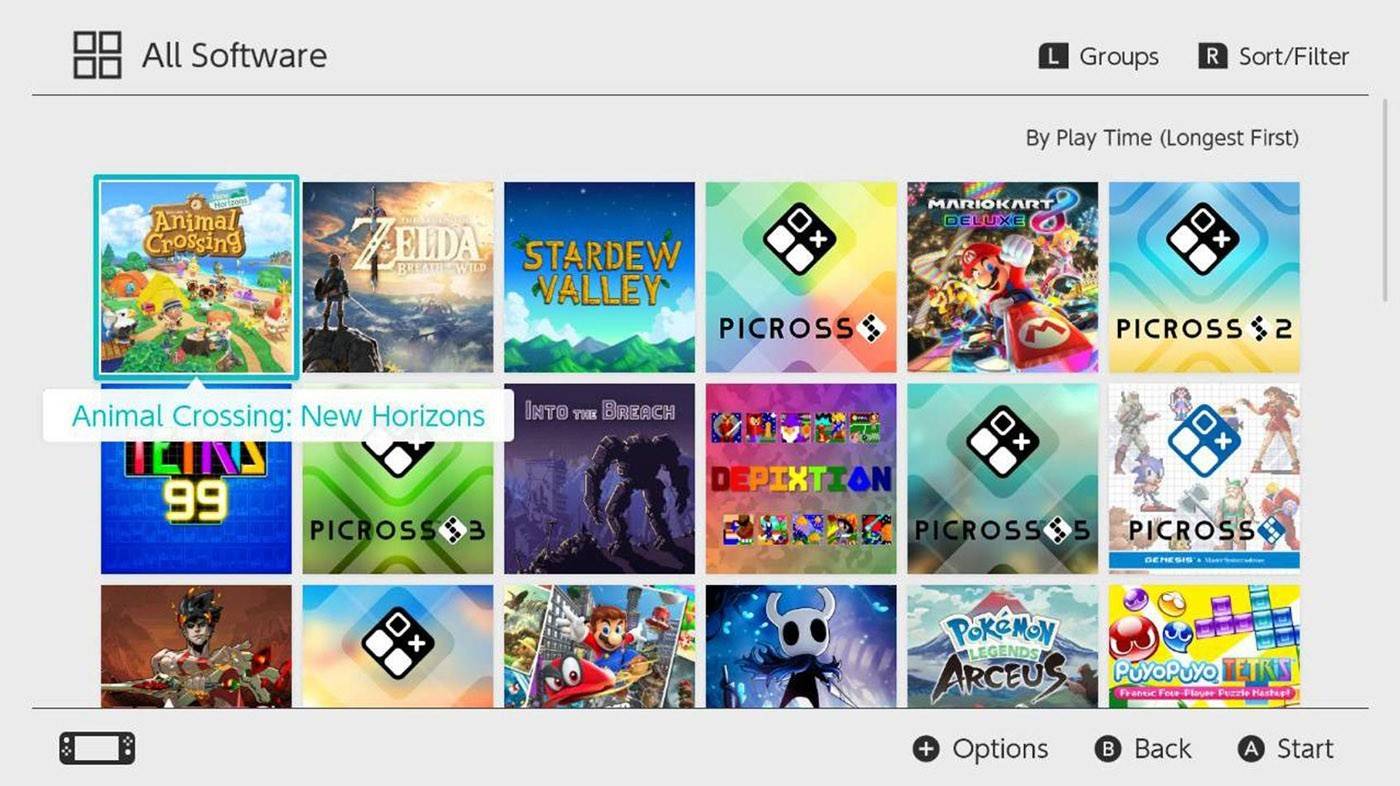
Additional Features
Each console offers unique features and device integrations.
The PlayStation 5 integrates deeply with Sony's ecosystem, including PlayStation VR2, remote play, PlayStation Plus, and the PlayStation App. It also supports PS4 backward compatibility.
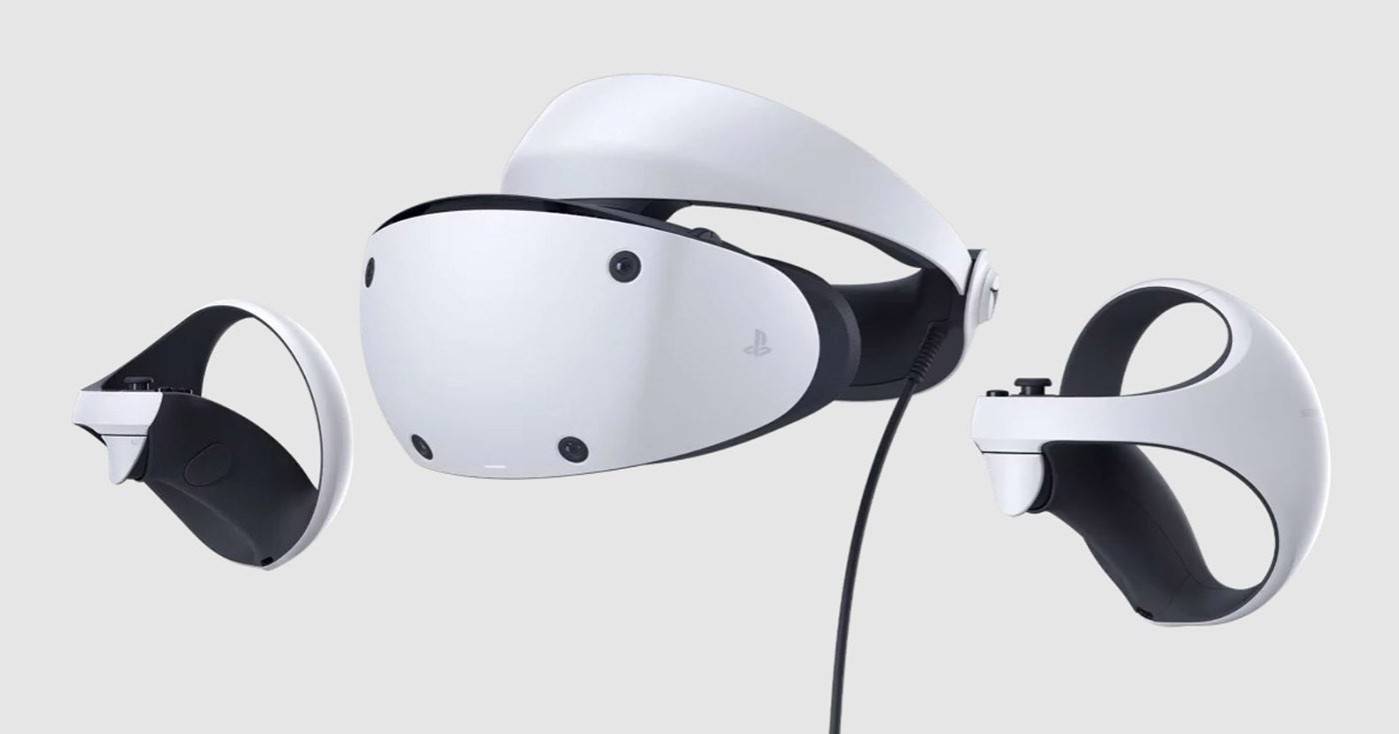
The Xbox Series X|S offers an open ecosystem with Xbox Cloud Gaming, Windows integration, Game Pass Ultimate (across PCs, mobiles, and Smart TVs), and backward compatibility with Xbox 360 and original Xbox games. Cross-platform play is also supported.
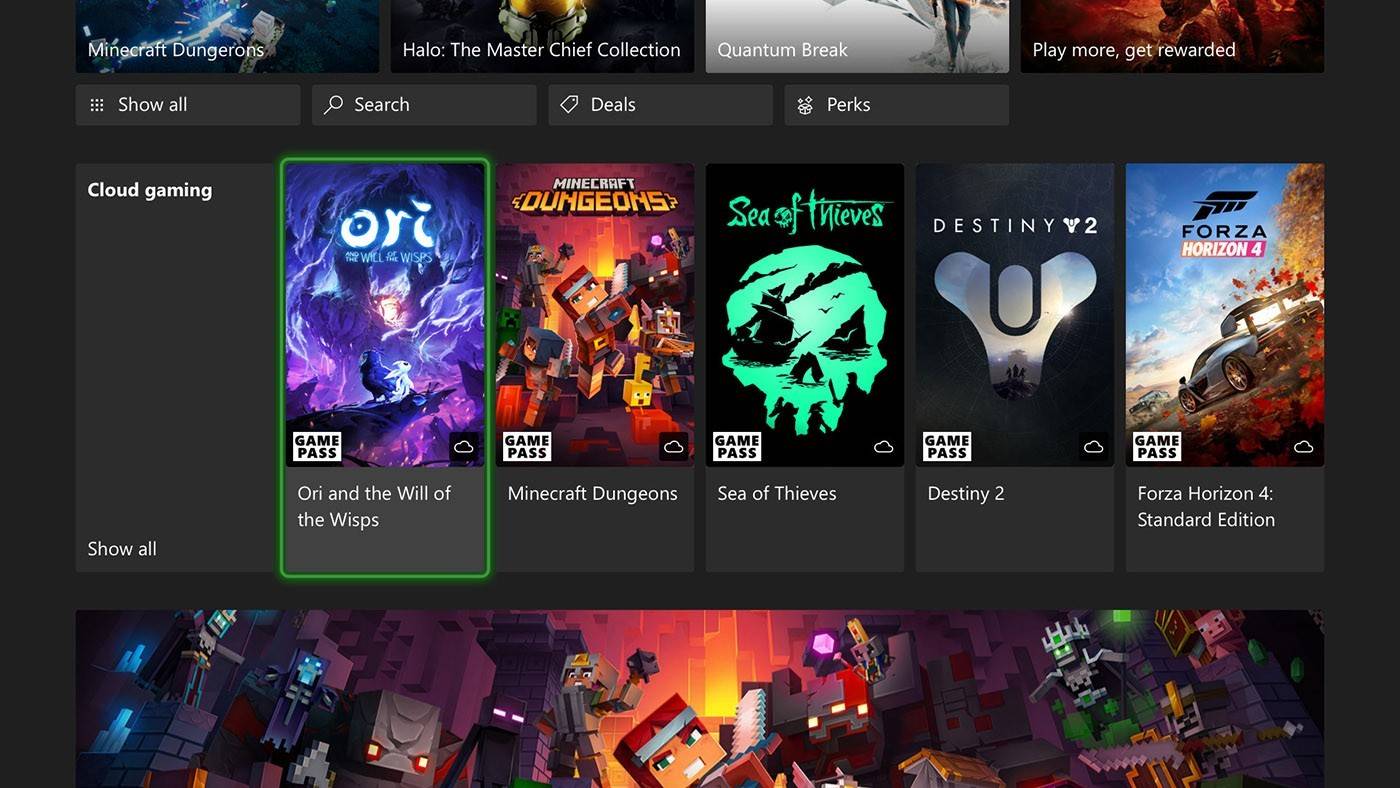
The Nintendo Switch stands out with its hybrid design, accessory compatibility, local multiplayer, and mobile device connectivity.
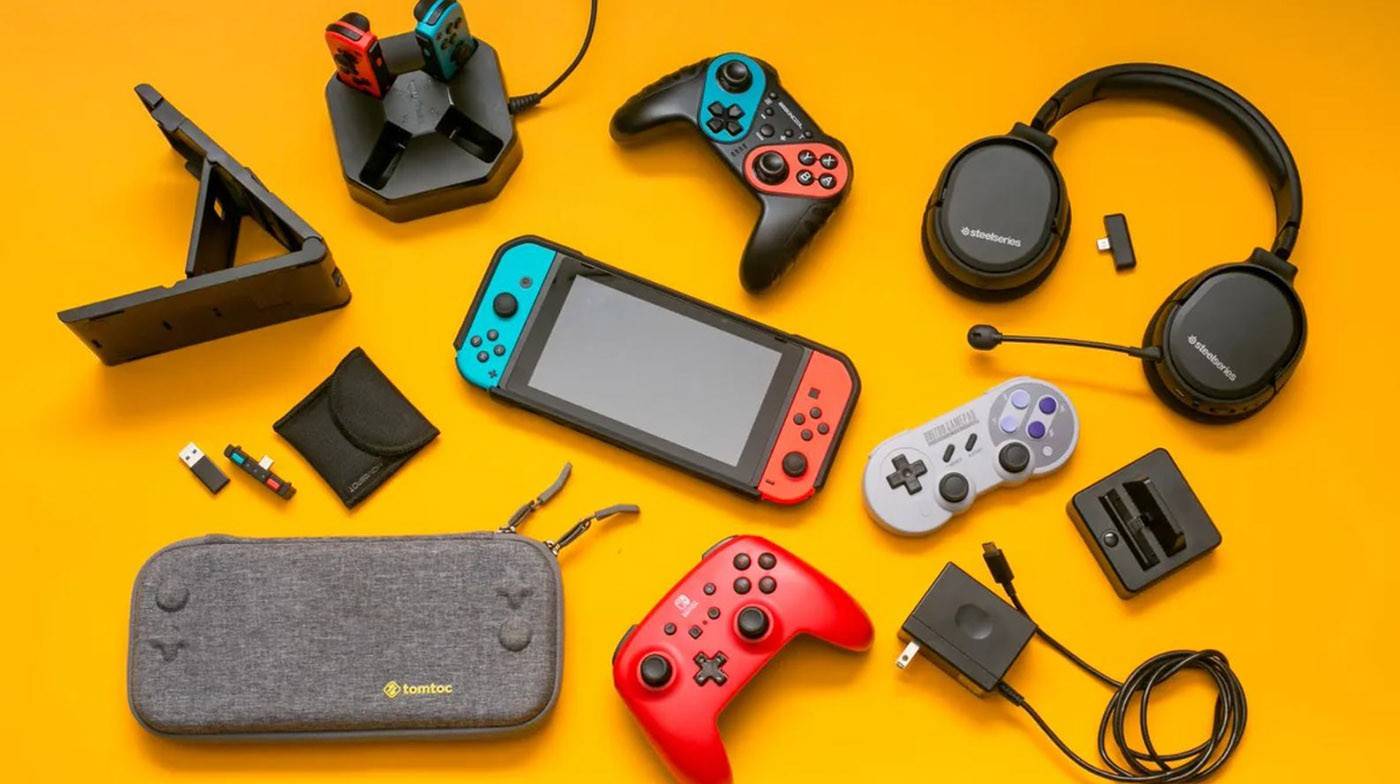
Cost Analysis
The PS5 is the most expensive, starting around $500 (used models ~$300-$400), with games averaging $40-$50. The Xbox Series X costs similarly, while the Series S is ~$300. Game Pass offers significant value at ~$17/month. Nintendo Switch prices range from ~$200 to ~$500 (OLED model), with game prices comparable to competitors.
Conclusion and Recommendations
The PlayStation 5 excels for AAA exclusives but demands higher spending. The Xbox Series X|S offers a cheaper entry point with Game Pass, but has fewer exclusive titles. The Nintendo Switch suits those prioritizing portability and casual gaming, but lacks AAA titles. The final choice depends entirely on individual preferences and priorities.



